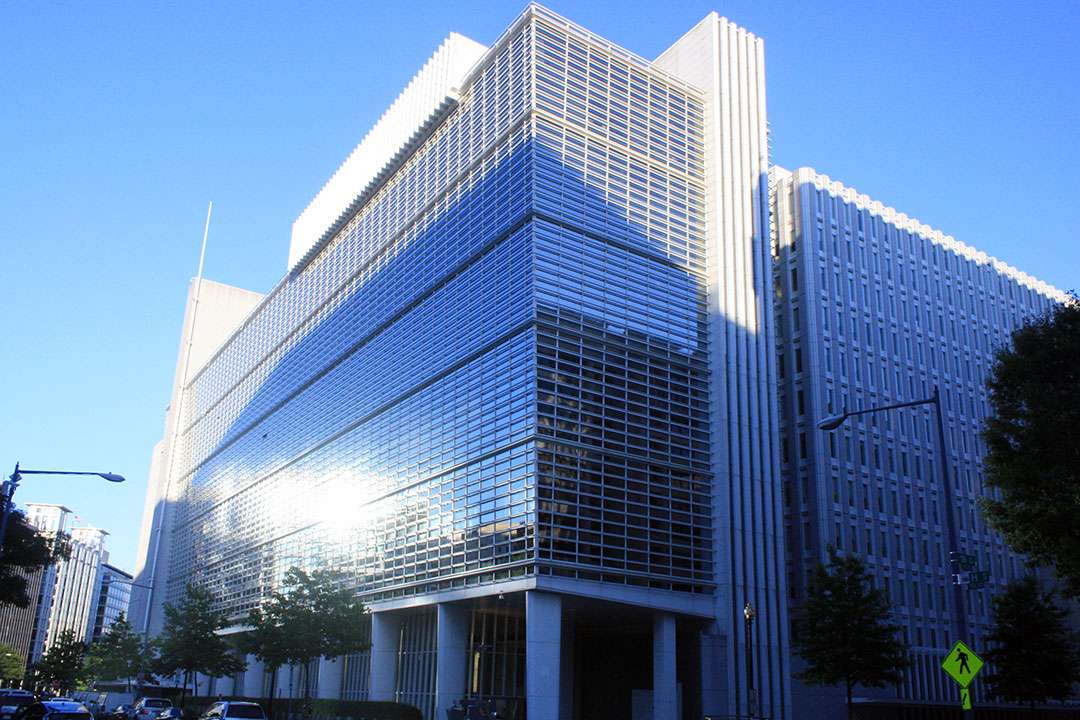A global coalition of development partners announced their contributions to the USD 82 billion replenishment of the International Development Association (IDA), the World Bank’s fund for the poorest. Two-thirds of the world’s poor, or 500 million people, live in countries supported by IDA, and more than USD 53 billion of the replenishment is for Africa, aiming to help countries boost economic growth and increase resilience to climate shocks and natural disasters.
Through this funding, IDA will support job creation and economic transformation, good governance, and accountable institutions, as well as tackling climate change, gender inequality, and fragility, conflict and violence.
Specifically, this 19th IDA triennial replenishment (1 July 2020 – June 30, 2023) will support projects that deliver:
- Essential health, nutrition and population services for up to 370 million people;
- Safe childbirth for up to 80 million women through provision of skilled health personnel;
- Enhanced access to broadband internet for 50-60 million people;
- Immunizations for up to 140 million children;
- Better governance in up to 60 countries through improved statistical capacity; and
- An additional 10 GW of renewable energy generation capacity.
Other issues that IDA will support include debt sustainability, adapting to transformative digital payment technology, inclusion for people with disabilities, investing in human capital including efforts to achieve universal health coverage, crisis preparedness and resilience building.
Furthermore, IDA will support regional integration and investments in quality infrastructure, including through the IDA Private Sector Window, which will continue enabling the International Finance Corporation (IFC) and the Multilateral Investment Guarantee Agency (MIGA) to mobilize private sector investment in challenging environments, to help meet the scale of financing needed in developing countries.
The IDA replenishment was enabled by contributions from 52 governments, repayments of outstanding IDA loans, contributions from the World Bank, and financing raised from the capital markets. Additional countries are expected to pledge in the near term. [World Bank Press Release]
